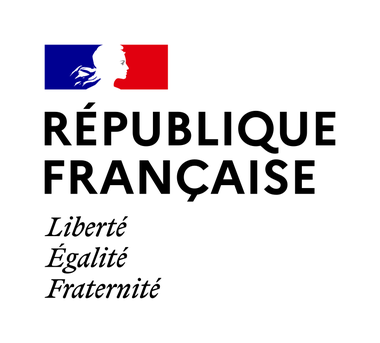
Abstract
BatRE ARES deals with the recovery of rare earth elements (REE) from NiMH batteries recycling. NiMH batteries are based on electrodes containing nickel and significant amounts of critical metals such as cobalt and REE including yttrium (Y) and lanthanides (La, Ce, Nd, Pr). REE are among the 14 elements defined as critical by the EU. REE are not produced within the European Union but used NiMH batteries are present in important amounts within the EU and could actually become an important source of REE. In this project two French laboratories (LEPMI and GSCOP), one French recycling company (Récupyl) and one Portuguese laboratory (CICECO-UA) will work together to contribute to the elaboration of an innovative, original and low impact recycling process. The latter will start with the treatment of real battery residues (brought by the industrial stakeholder) and will end up by the recovery of pure REE. The main originality of this project lies in the fact that hydrometallurgical processes will be based on alternative solvents, namely ionic liquids, yielding a potential process in line with the principles of sustainable chemistry that will go beyond the state of the art of REE recycling.
In order to maximize the chances of success of this project, a total of three potential recycling routes are envisaged depending on the phase in which processes will be carried out. The investigation will focus on leaching of crushed battery residues using either acidic solutions, pure ionic liquids or ionic liquid –based aqueous biphasic systems (ABS). Liquid-liquid extraction steps for the recovery of metal ions from aqueous leachates will be studied using ionic liquids or ABS. Finally, recovery of metals from the extraction phases will be studied by electrodeposition and precipitation. Because a recycling process cannot be proposed without a thorough study on its environmental impact, the latter will be carried out within the project.
Keywords
Recycling, batteries, ionic liquids, liquid-liquid extraction
Consortium
- LEPMI (France)
- University of Aveiro (Portugal)
- GSCOP (France)
- Recupyl (France)
Duration
- 36 months (2016-2019)
Total Costs
- 608 151 euros
Total Requested
- 428 228 euros


